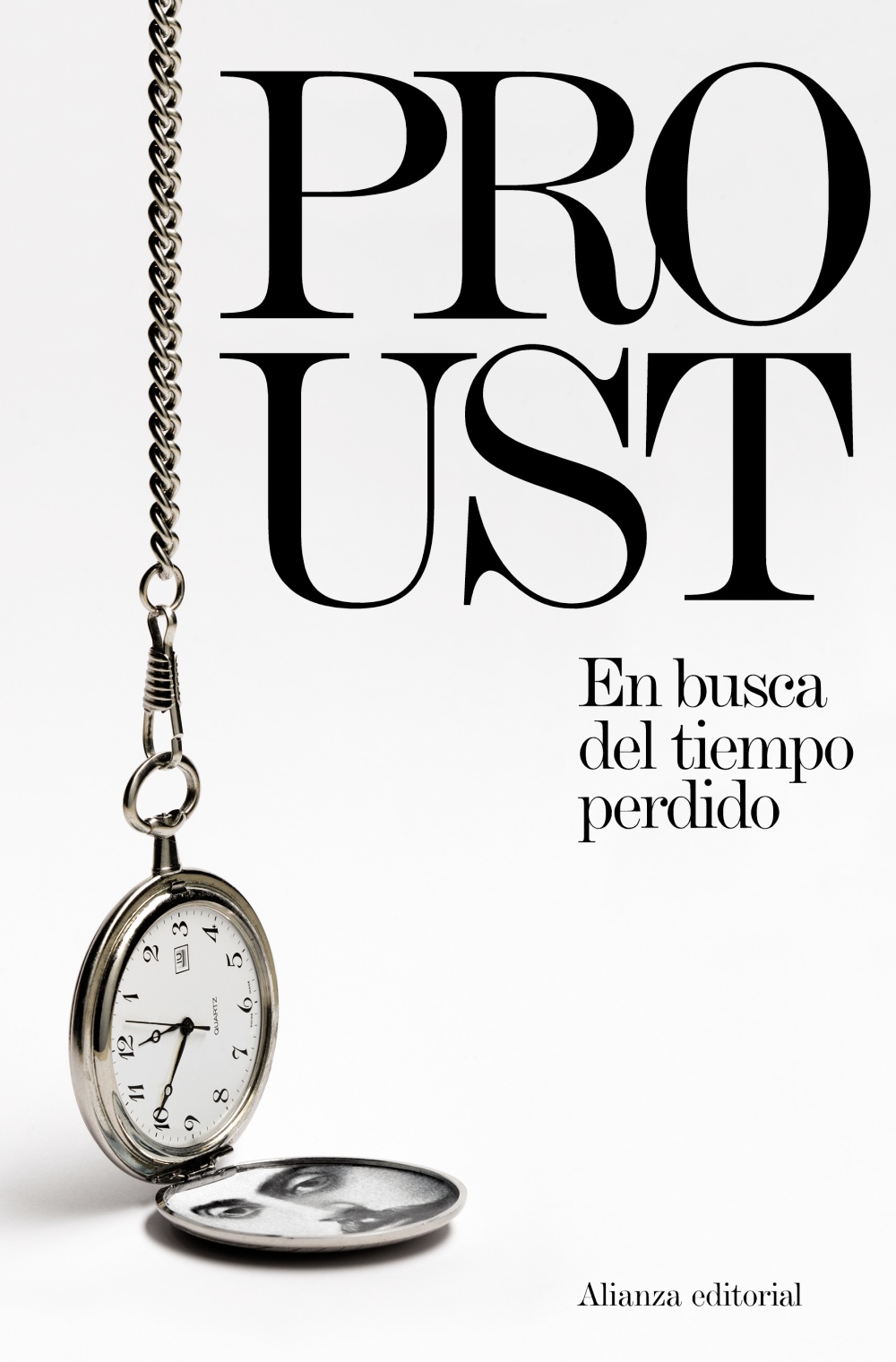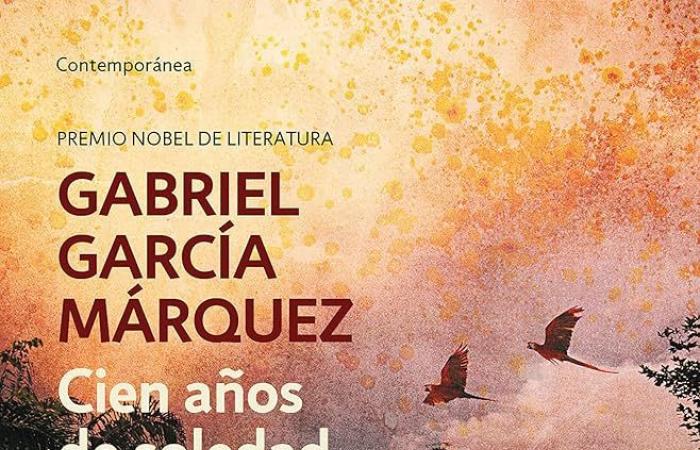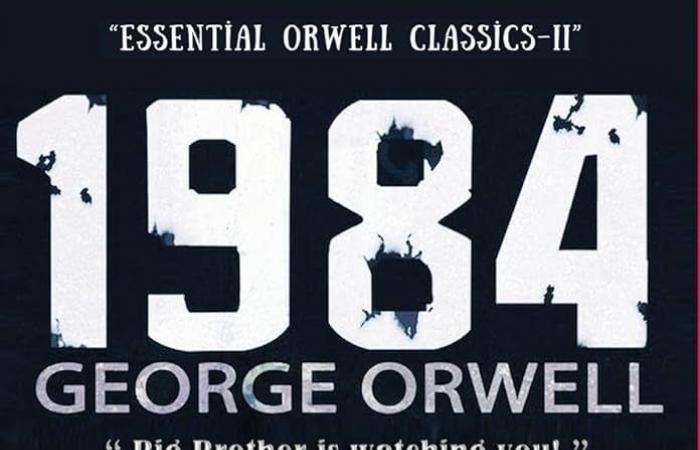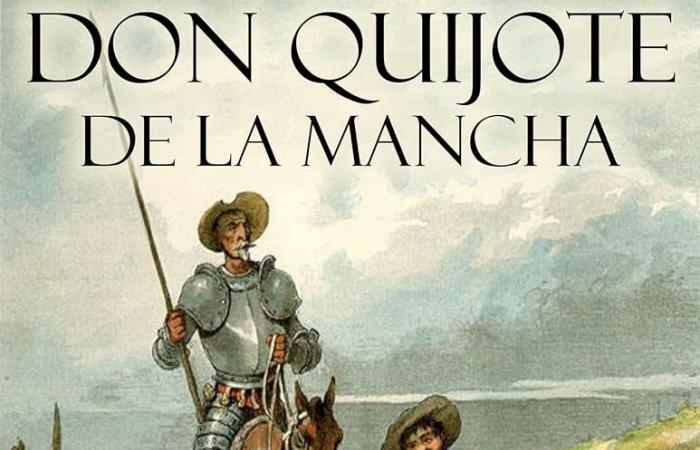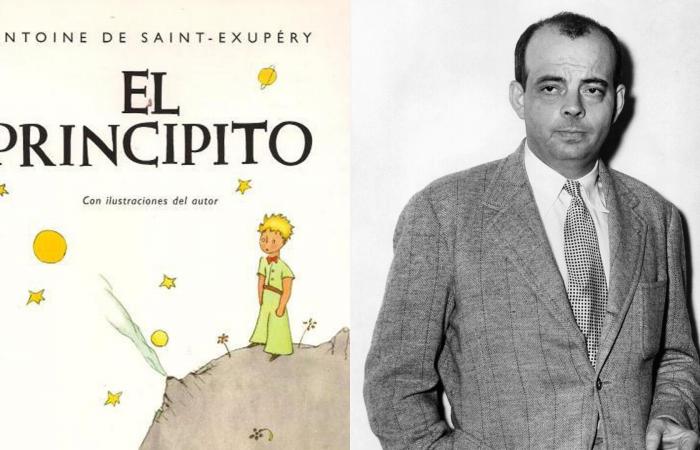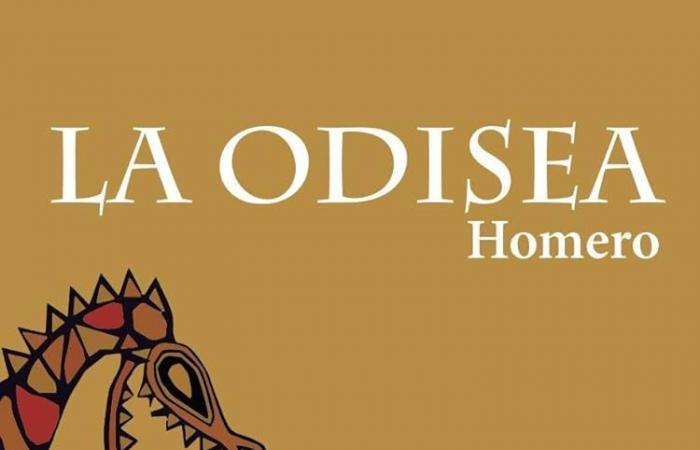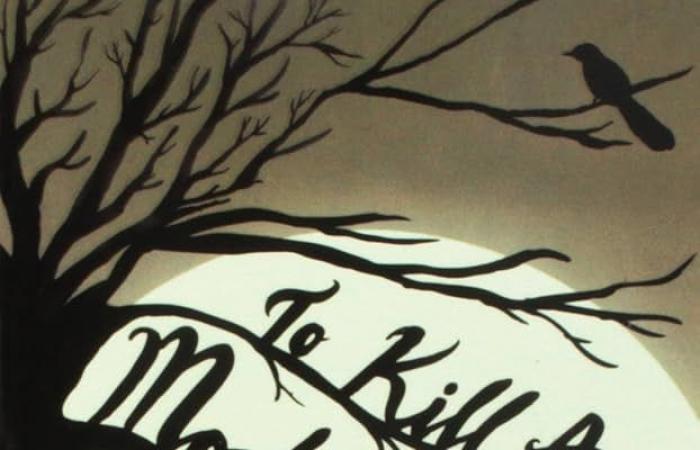In a world full of editorial news and ephemeral bestsellers, there are books that transcend generations and become true cultural, philosophical or literary referents. Works that, due to their depth, their beauty or their capacity for transformation, deserve to be read at least once in a lifetime.
From novels that address the great questions of existence to stories that revolutionized how to tell stories, here we collect Ten essential books that have left their mark on millions of readers.
1. “One hundred years of loneliness” – Gabriel García Márquez
This classic of Latin American literature narrates the saga of the Buendía family in the fictional town of Macondo. With an unmistakable mixture of magical realism, history, politics and myth, García Márquez’s work is considered one of the narrative summits of the twentieth century. Reading it is to immerse yourself in a fascinating universe where the impossible becomes everyday.

2. “1984” – George Orwell
More than a dystopia, “1984” is a warning about totalitarian power, language manipulation and extreme surveillance. Winston Smith’s story in a society dominated by Big Brother continues to resonate strongly in the current context. Orwell wrote a visionary work that invites you to question the control of information and individual freedom.


3. “Pride and prejudice” – Jane Austen
Published in 1813, this novel is not only one of the most iconic love stories of literature, but also a sharp criticism of the social conventions of its time. Elizabeth Bennet and Mr. Darcy star in a account of misunderstandings, personal transformation and claim of female intelligence.


4. “Crime and punishment” – Fiódor Dostoevski
A trip to the deepest of human consciousness. Dostoevski explores in this work the fault, redemption and moral dilemmas through the young Raskólnikov, a student who murders an usurera old woman convinced of having a superior purpose. The protagonist’s internal conflict remains one of the most intense psychological explorations of literature.


5. “Don Quixote de la Mancha” – Miguel de Cervantes
Considered the first modern novel, Cervantes’ masterpiece is a satire of idealism and a reflection on the madness, freedom and power of imagination. The adventures of Don Quijote and Sancho Panza transcend the comic to become a universal symbol of the fight against the absurd.


6. “The Little Prince”-Antoine de Saint-Exupéry
Although it is presented as a children’s story, “El Prince” is a work full of philosophy, tenderness and poetry. Through the gaze of a child who travels through planets and discovers different ways of being an adult, essential questions about love, loneliness and meaning of life are raised.

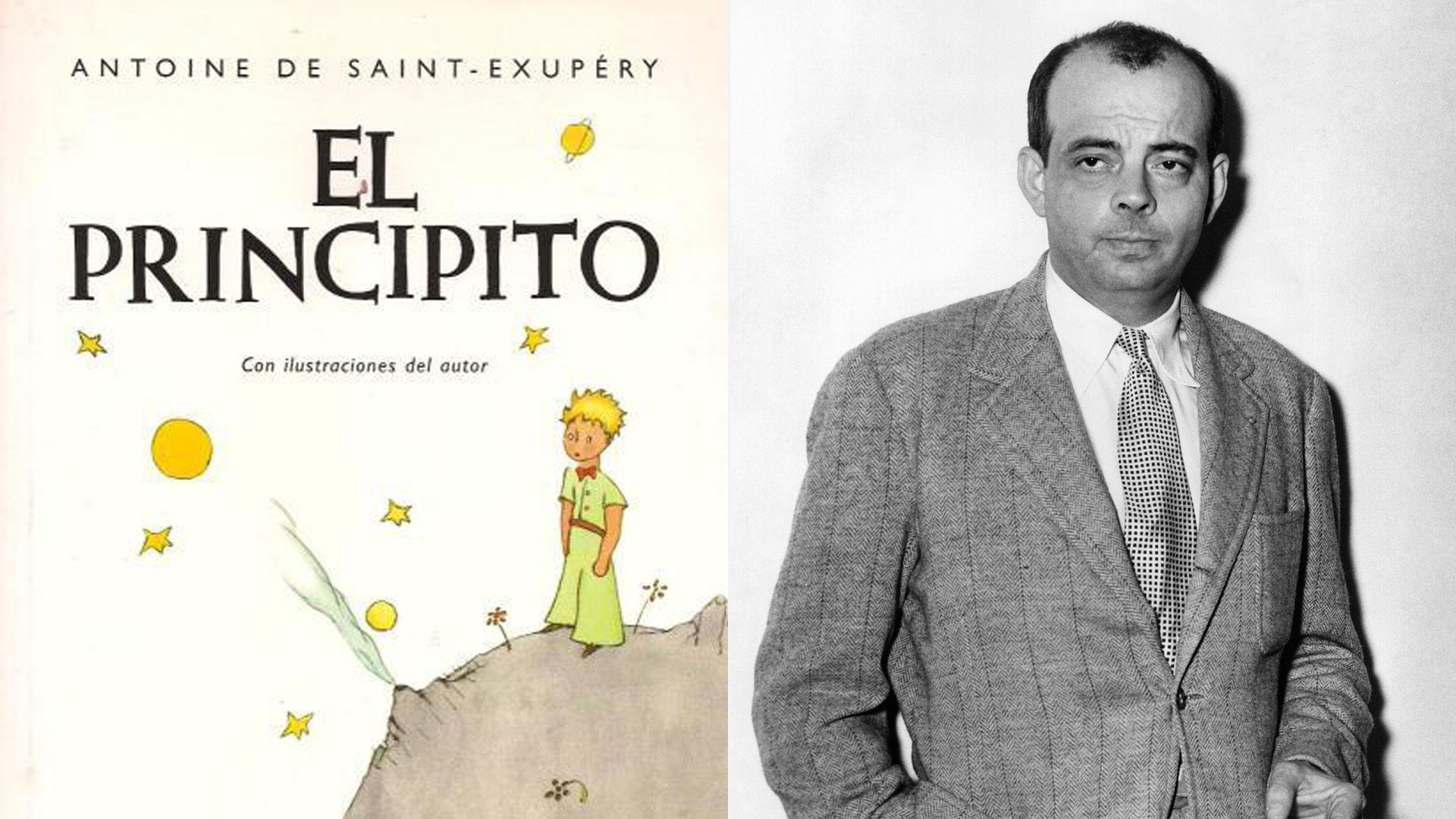
7. “The Odyssey” – Homer
It is impossible to understand Western literature without this Greek epic. Ulysses’s trip to return to Ithaca after the Trojan War is a heroic adventure, but also a symbolic tour of human resistance, cunning and desire for home. A classic that continues to inspire centuries after its composition.


8. “Rayuela” – Julio Cortázar
This novel revolutionized the way of reading and understanding literature. With an open structure that allows multiple routes, “Rayuela” invites you to question what is established, to play with language and to explore the absurdity of modern life. It is a challenging work, but deeply stimulating.


9. “To Kill a Mockingbird” – Harper Lee
Published in 1960, this novel addresses racism in the southern United States through the eyes of a girl, Scout Finch. With sensitivity and courage, Harper Lee puts in the center the value of justice, empathy and moral education, making it forced reading both in schools and outside them.


10. “In search of lost time” – Marcel Proust
One of the most ambitious and deep works of universal literature. Through its seven volumes, Proust reconstructs an entire life from memory, art and the passage of time. Reading Proust is a unique experience that changes the way of observing the world.

